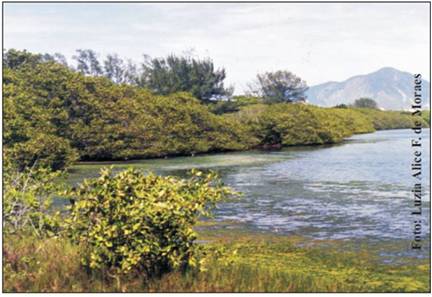A LINK BETWEEN ALGAE AND CLOUDS: THEORETICAL GROUNDS OF THE CLAW HYPOTHESIS AND ITS IMPLICATIONS TO CLIMATE CHANGE
Keywords:
CLAW hypothesis, cloud-algae link, dimethyl sulphide, sulphur biogeochemistry, climate change.Abstract
In this work, we address the origins and development of a scientific hypothesis about a connection between algae and clouds that is greatly relevant to the understanding of climate change, advancing also some epistemological remarks. Studies carried out by Lovelock and colleagues in the beginnings of the 1970s were important to the construction of this hypothesis. Those studies searched for a stable intermediary in the sulphur cycle, which would be responsible for transferring this element from oceans to land. Based on studies about the release of dimethyl sulphide (DMS) by marine phytoplankton species and the process of cloud formation, as well as its relationship with planetary albedo, Charlson and colleagues proposed in 1987 that the rapid oxidation of DMS would lead to the formation of an aerosol (NSS--SO42-), which, when oxidized, would constitute nuclei required for the condensation of water vapor, and, thus, to cloud formation over the oceans. Since clouds reflect part of the solar radiation that reaches the planet, they contribute to cool the planetary surface. Therefore, DMS has been pointed out as a negative greenhouse gas, which could counterbalance the heating effects of greenhouse gases such as CO2 and CH4. We should stress, however, that the degree in which DMS can contribute to cool the Earth surface is still an open issue in the scientific community. Charlson and colleagues' hypothesis has nonetheless exerted a great impact on researches about climate change, giving rise to a whole new area of interdisciplinary scientific research, known as the ‘cloud-algae link'. Here, we intend to show how this hypothesis and the new research field resulting from it have an impact on studies about climate change, and, also, about the relationships between the biota and its physicochemical environment, a central theme of Ecology.


